
Want to know how much website downtime costs, and the impact it can have on your business?
Find out everything you need to know in our new uptime monitoring whitepaper 2021


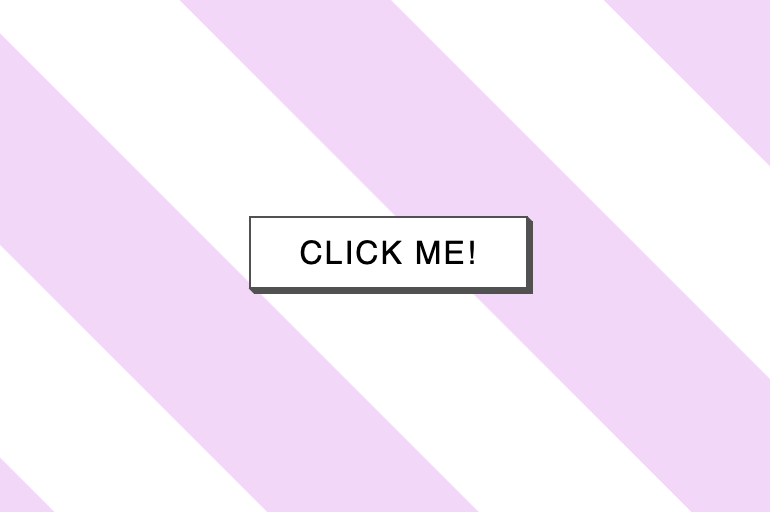

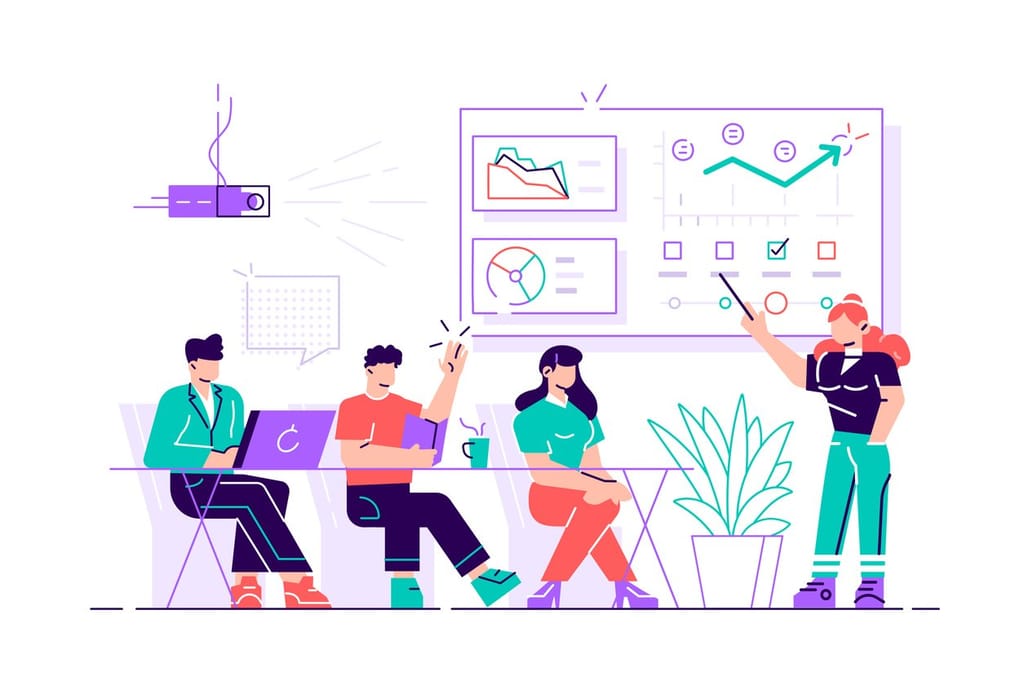
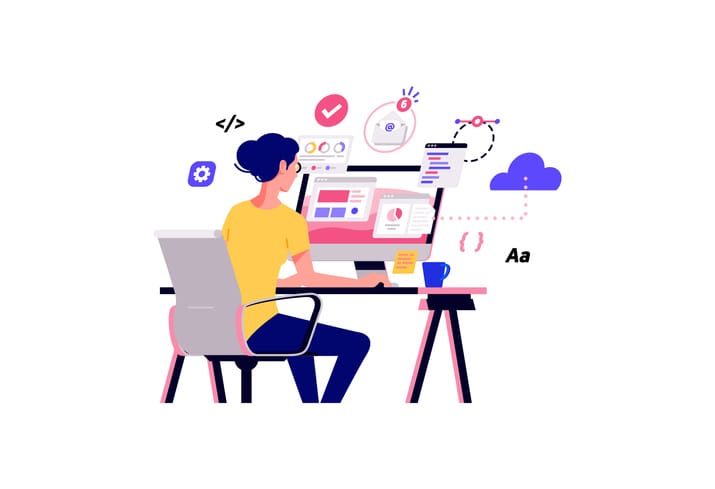
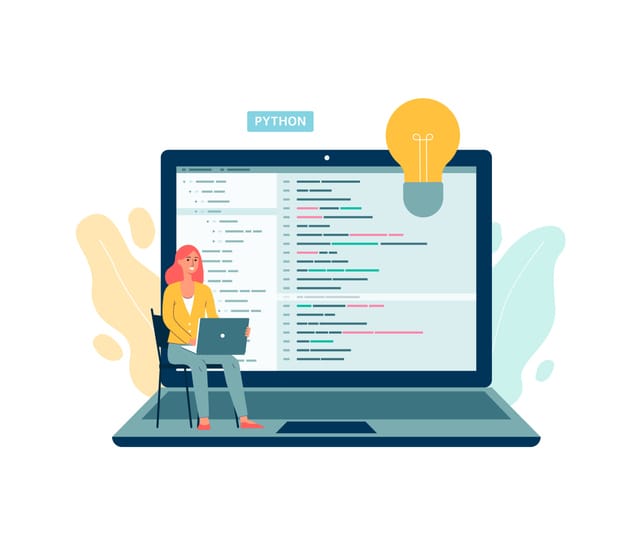
The on-going battle between Google and the German authorities – to date mainly concerning privacy issues – has just ratcheted up a further notch as the Bundestag, Germany’s lower house of its parliament, approved a new bill which would require search engines such as Google, to pay a licence fee for any news “snippets” it uses in its German organic search results.
Passed by a majority of 50 politicians, the bill is a very much a compromise on that originally pushed for by beleaguered execs in the German media and publishing world. These “old world” execs believe that Google and other news aggregation services (such as Google’s own Google News) threaten their entire way-of-life. That if “snippets” (though this isn’t defined in the German bill!) are allowed to be displayed in Google News without their permission – generally up to 240 characters – this damages their business. That Google News readers will simply absorb all they need to know from this “snippet” and won’t go on to read the actual article on the newspaper’s website. Less readers on the newspaper website hits them where it hurts – in their wallets with lower advertising revenues.
Google for its part, not surprisingly, argue that actually they’re increasing the number of people who visit the newspaper website. By giving Internet users a “taste” of the article, they’re effectively actually promoting the article to users and encouraging them to click through to the newspaper website.
So whilst Google may be suggesting, though not publically, that the likes of Axel Springer should actually be thanking Google, rather than lobbying for this new law, the newspapers are pushing on with their demands – similar to those made in France, that Google should pay them a licence fee if they want to use links and “snippets” on the likes of Google News.
So have Google with its “Defend Your Net Campaign” and “Wikimedia Deutschland”, and Internet advocacy groups like Digitale Gesellschaft failed?
Well in short, no. The bill is as I said very much a compromise needed to push it through the lower house – and those promoting the bill, know they still have to get it approved by the upper house. The compromises included pretty substantial carve-outs – included allowing website to use “short snippets” (again not defined!) of copyright material without paying any fee. A fee is only owed where a much longer “snippet” is used, or the entire article is published. Now although Google may crawl a newspaper website and store the whole article – as part of its search engine algorithms – it’s very difficult to argue that it publishes the article in full.
So actually it looks, for now at least, that instead of clamping down on Google, this bill has actually legitimised the Google News business model.
So what are the options for the newspapers? Well they could of it’s entirely open to them to stop Google (and the other search engines) crawling their site. But they’re hardly going to do that. As much as they may dislike Google, for better-or-for-worse they’re reliant on search traffic. Do they move from an advertising based model to a paid subscription model favoured by the likes of the UK’s Financial Times and the US’s Wall Street Journal? Or something entirely different?
That’s for others to decide, but this latest episode shows that the law of “unintended consequences” is always there to catch you out. Things are never what they seem on first glance!
Share this

3 min read IPFS is a game-changer for decentralised storage and the future of the web, but it still requires active monitoring to ensure everything runs smoothly.

3 min read For any web developer, DevTools provides an irreplaceable aid to debugging code in all common browsers. Both Safari and Firefox offer great solutions in terms of developer tools, however in this post I will be talking about the highlights of the most recent features in my personal favourite browser for coding, Chrome DevTools. For something

6 min read There has certainly been a trend recently of using animations to elevate user interfaces and improve user experiences, and the more subtle versions of these are known as micro animations. Micro animations are an understated way of adding a little bit of fun to everyday user interactions such as hovering over a link, or clicking
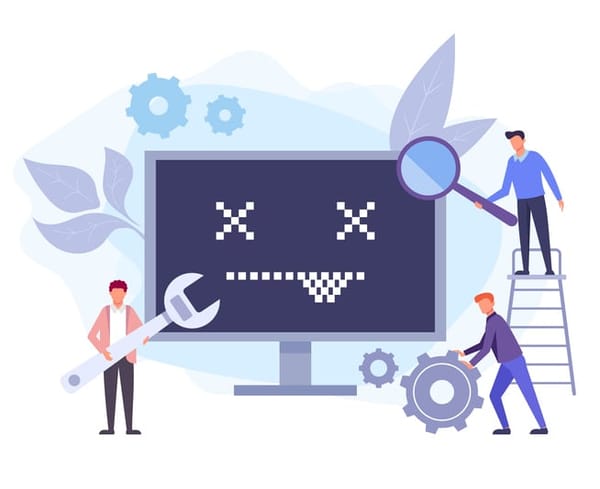
2 min read Read about the latest websites that have experienced downtime including Netflix, Twitter, Facebook and more inside!
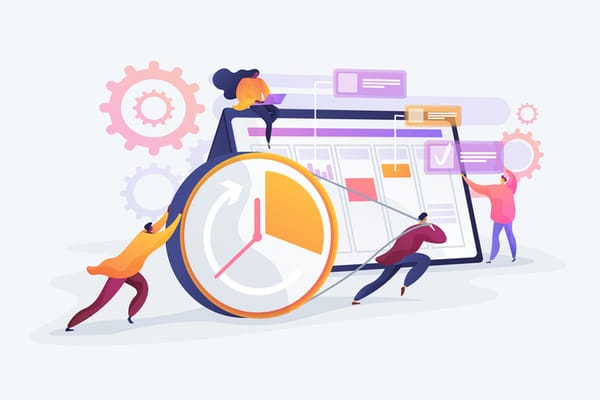
2 min read Read about how Google suffered an outage due to the soaring temperatures in the UK in July and how they rectified it right here!

3 min read See the results of our website downtime survey to see some of the most shocking and surprising stats! You won’t be disappointed.
Find out everything you need to know in our new uptime monitoring whitepaper 2021